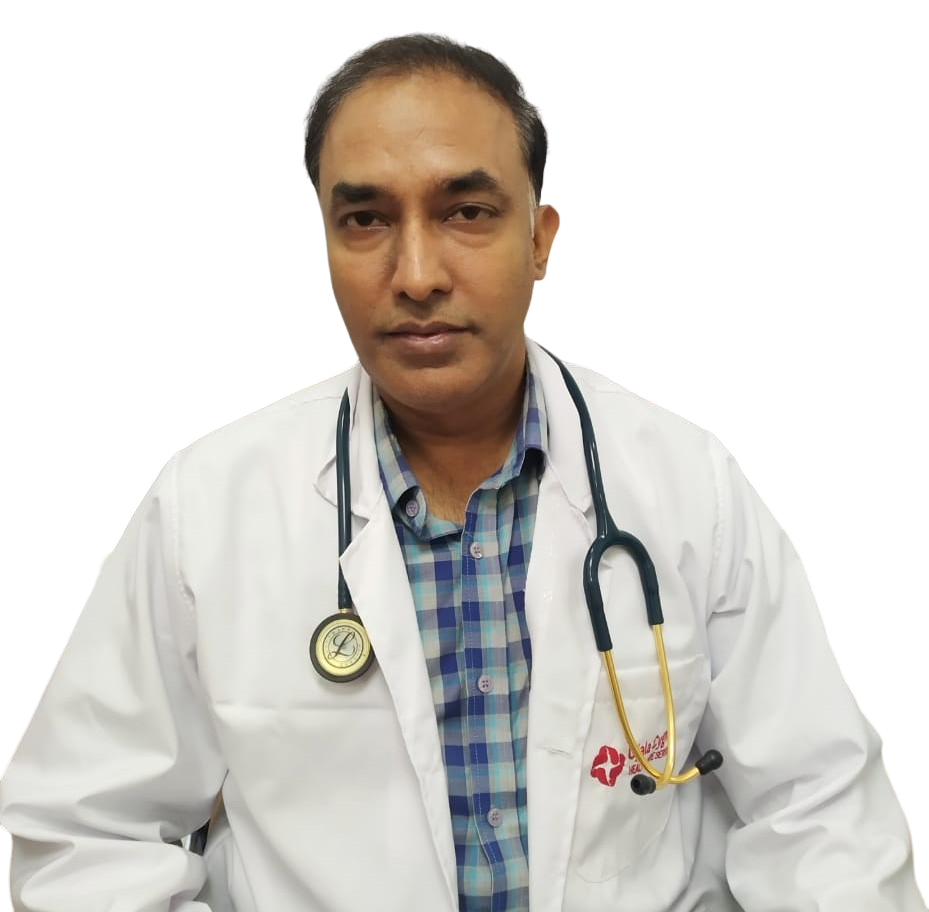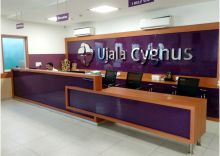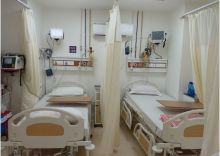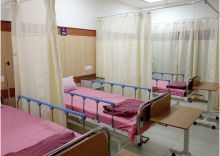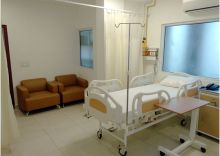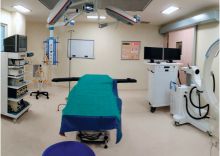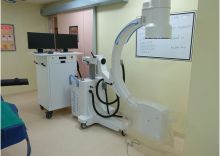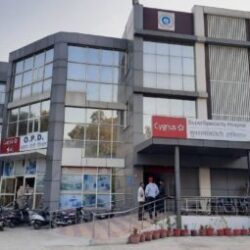Treatment
Our expert surgeon advises treatment for a herniated disc depending on the severity of the symptoms. Non-surgical approaches are usually tried first, such as rest, physical therapy, pain medications, and epidural steroid injections.
These methods aim to reduce pain and inflammation, strengthen the muscles supporting the spine, and promote healing. If conservative treatments fail to provide relief, surgery may be considered.
Process of the surgery
The surgical process for treating a herniated disc involves a procedure called discectomy. During this surgery, our surgeon removes the damaged portion of the disc that is pressing on the spinal nerves.
The surgery may be performed through traditional open surgery or minimally invasive techniques, depending on the specific case.
Recovery
Recovery after herniated disc surgery varies, but most people experience gradual improvement over time. Physical therapy and rehabilitation are often recommended to help restore strength, flexibility, and mobility to the spine.
It is essential to follow post-operative instructions, take prescribed medications, and attend follow-up appointments to ensure proper healing.
When to see a doctor?
If you experience persistent back or neck pain, weakness, numbness, or tingling that affects your daily activities. Seek our immediate medical attention if you have difficulty controlling your bladder or bowels, or experience sudden changes in sensation or strength in your limbs.
Our healthcare professional can evaluate your symptoms, perform diagnostic tests if necessary, and recommend appropriate treatment options.

